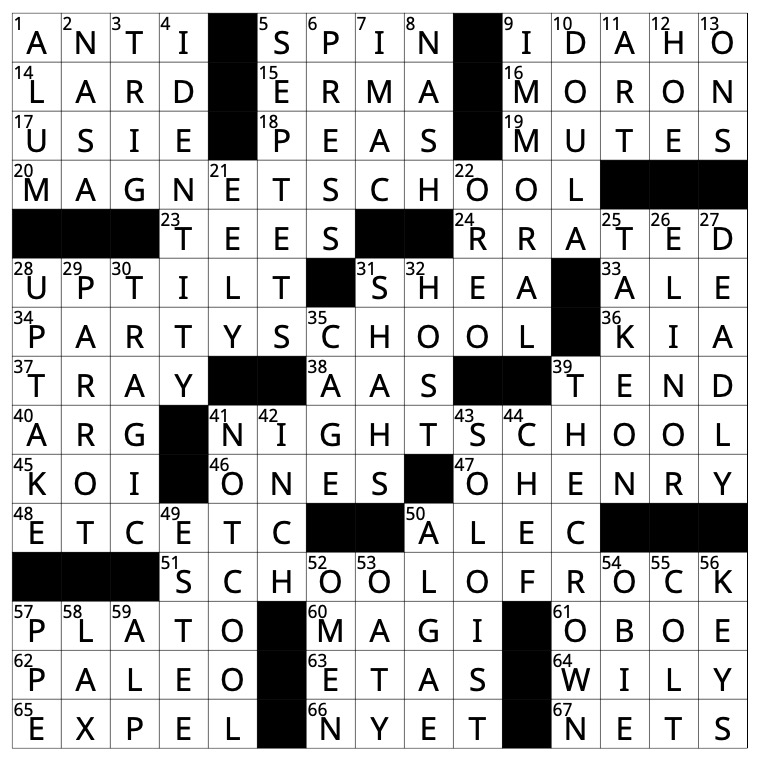By Stephanie Deutsch and Danielle Kolin
It was the perfect part. He picked up the packet, his mind brimming with excitement as he flipped the pages of the script. He could imagine himself taking the stage as the lead embodying three of his passions: dancing, singing and acting. As his imagination flourished, he turned another page and saw the bold words, âList your conflicts.â His stomach sank.
Jolted back to reality, Matthew Krumpe â08 knew that his scheduling conflicts would hurt his chances of being cast in the musical âCabaret.â Krumpe is the co-captain of the varsity cross country team and is also a member of the varsity track team.
âIn the back of my mind, I knew I would never quit cross country because I worked too hard to get where I am right now,â Krumpe said. âBut the other half of me thought, âWell, youâre not going to run after high school. Youâre going to act.ââ
During the summer months, when he was practicing for his audition, Krumpe tried to ignore the decision he would have to make between performing arts and athletics.
âWe have to find out where a certain student who does everything should draw the line in what his or her priorities are,â Orchestra Conductor Dr. Paul Ludden said. âA student will try to perhaps do many things, as much as one can, but they have to make choices.â
The effective cancellation of the upper school winter orchestra concert exemplifies the ongoing scheduling conflicts between athletics and performing arts. The concert was planned for Saturday, Jan. 6, but was postponed indefinitely, partially due to an Admissions Day that weekend, but also because of athletic conflicts.
Ludden remembers being handed a sheet âlonger than 8.5 x 14â listing the schoolâs sporting events the week of the concert. Sporting events interfere with after-school dress rehearsals, which Ludden said are a necessity.
âYou want [the concert] to be great,â Ludden said. âYou really want it to be very good. I want the students to be very comfortable and expressive and proud of what theyâre doing.â
The Winter Jazz Concert was also moved, from Saturday, Dec. 3 to the following Sunday, in order to accommodate a football game that day. Zack Mirman â07 and Ryan Calvert â07 participate in both football and jazz.
âWe do not have complete control over schedules in sports,â Head of Athletics Audrius Barzdukas said. âMoving a game is sometimes not an option.â
Because of the inflexibility of athletics, students have to fight to juggle their extracurricular commitments.
Katie Treuer â08 is a member of the varsity tennis team, but also plays violin with the orchestra.
âI follow the rule where orchestra dress rehearsal takes priority over a practice, but a match takes priority over dress rehearsal,â Treuer said. Conflicts didnât occur that often because of few dress rehearsals, but when they did, she would always feel anxious out of fear of offending her coaches or her orchestra instructor.
âDr. Ludden is very understanding when we miss rehearsal, especially because he knows that his students have lots of commitments,â Treuer said.
When asked if coaches ever get upset at students for missing practices, Ludden whispered, âAll the time.â
Ted Walch, the director of âLoveâs Laborâs Lost,â continually asked varsity football player and actor Andrew Pattison â07 when the football season would end, Pattison said.
âIn the first two weeks, people were auditioning and people rarely ever saw me, so when I first got there, they had already been working through the play and it was like, âOh, well hereâs Andrew,ââ Pattison said. âBut Iâve gotten to work with them since then, and Iâm completely dedicated to that.â
Pattison had already experienced conflicts between his acting and his athletics the year before, when he performed in the One Acts Festival and participated on the varsity track team.
However, this successful football season was even more demanding than his experiences with track. As the starting outside linebacker, Pattison could rarely miss practices for rehearsals.
â[Itâs] easier to negotiate with the Performing Arts department, unless, of course, itâs a performance, which is non-negotiable,â Pattison said.
Ludden says that he is understanding about studentsâ schedules, but his students still need to fulfill their performing arts responsibilities.
âMy students do not generally miss things,â Ludden said. âIâll work with them on it, but in the end, Iâm not very flexible. Most people know that if I have a concert where thereâs a privileged position, theyâre going to do it, and theyâre going to move everything else.â
âThe schedule at Harvard-Westlake is like the New York subway system,â Barzdukas said. âIt is a complex system with many moving parts and cogs. When one train is out of whack, it has an effect on everything.â
Krumpe had to make a decision. Either he could honestly list the conflicts on his audition packet, or he could quit cross country and devote himself to attaining the lead role.
âFor those people who do both, itâs a huge problem, because I know when it comes down to being chosen for shows, a lot of times Iâm bypassed even in the thinking process,â Krumpe said. âThey think, âOh, he is good, but thereâs another person whoâs just as good and has no conflicts, so weâll go with that person.ââ
He decided to continue with cross country because of the years of practice he had invested in the sport. He didnât get the lead, but he did get a part in the chorus.
To balance this with practices, he had to wake up at five in the morning every day to run and compensate for the missed cross country practices.
âThere were a lot of times that I was really stressed out because I was missing rehearsals, but overall I think it was a good experience,â Krumpe said.































